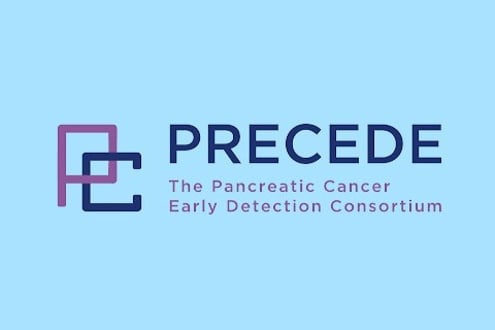CDKN2A Gene Mutations: Cancer Risks
Cancer Risks Associated with Inherited Mutations
The gene makes two different proteins. Most mutations in the gene affect one of the two proteins. These mutations increase the risk for pancreatic cancer and melanoma. Some mutations affect both proteints. People with these types of mutations may also be at increased risk for nerve sheath tumors, sarcomas and other cancers, although the exact risks are not known. If you have tested positive for an inherited mutation, we recommend that you speak with a genetics expert. They will look at your personal and family history of cancer and help you understand your cancer risk. They will work with you to choose a plan for managing your cancer risk that's right for you.
More details about the estimated risks can be found in the table below.
Cancer risk table
|
Cancer Type |
Lifetime Risk with a Mutation |
Lifetime Risk for General Population |
Notes |
|
Melanoma |
28 - 76% |
2.5% |
People with mutations:
The risk depends on family history, where they live, lifestyle and other genetic factors. |
|
Pancreatic cancer |
15% or higher |
1.7% |
Research suggests that smoking may increase this risk. |
|
Source: NCCN Guidelines: Genetic/Familial High-Risk Assessment: Breast, Ovarian, Pancreatic, , vs. 1 2026. |
|||
More Resources
Find Pancreatic Screening Experts
The PRECEDE study has a list of sites with expertise in pancreatic cancer screening.
NCCN Pancreatic Cancer Patient Guidelines
Expert guidelines for people with pancreatic cancer.
Pancreatic Cancer Action Network
Dedicated to fighting pancreatic cancer in a comprehensive way.
Participate in Prevention Research
Below are some of our featured research studies looking at new ways to screen for, prevent or intercept cancer in people with mutations. To search for additional studies, visit our Search and Enroll Tool.
Vaccine for People at High Risk for Pancreatic Cancer
Clinicaltrials.gov identifier: NCT05013216
Pancreatic Cancer Early Detection for People at High Risk
Clinicaltrials.gov identifier: NCT04970056



